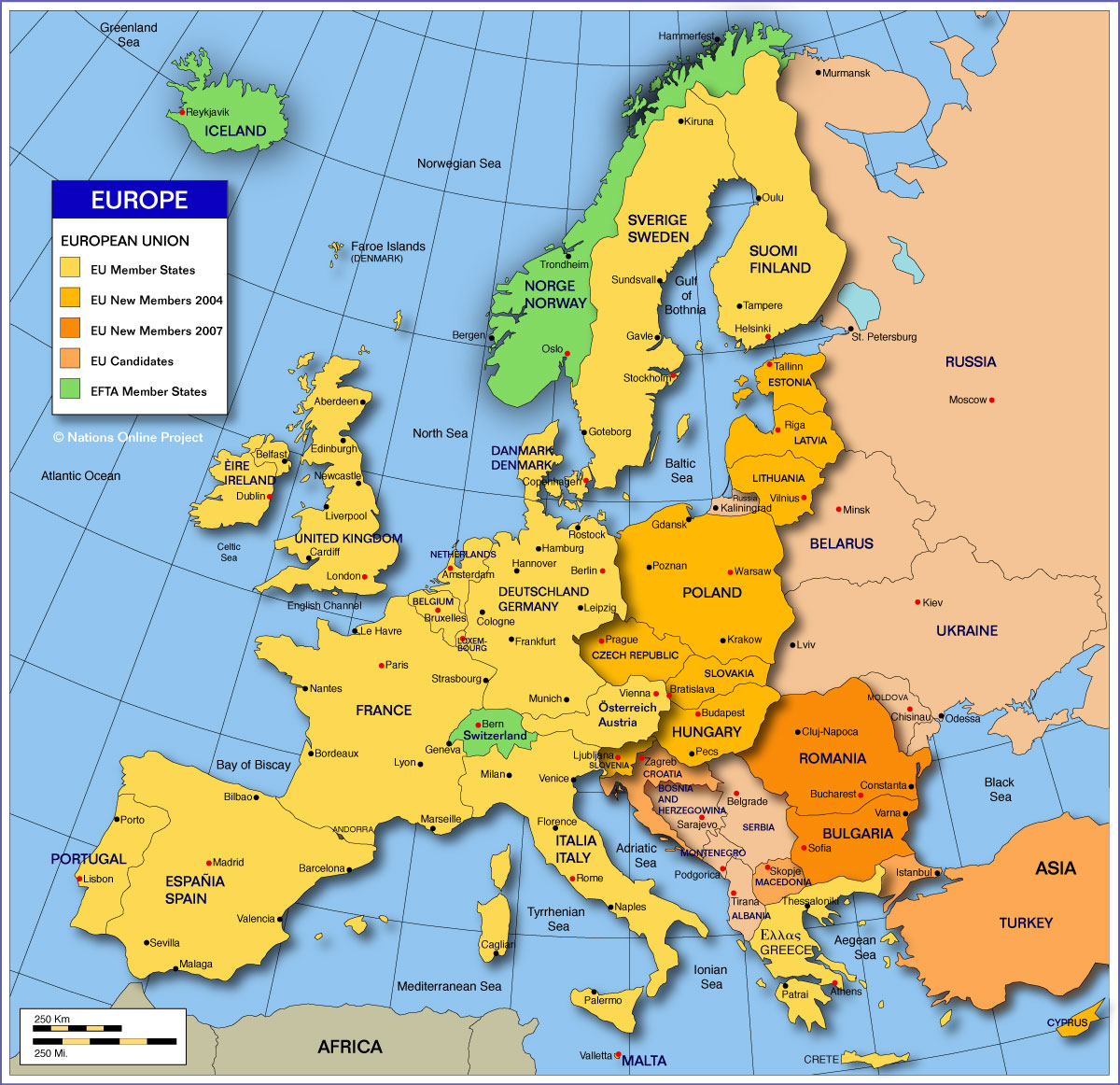EU nations have approved a plan to provide new financial aid to weak nations, but one that would more carefully regulate the budgets of the weakest nations. Though details were sparse, one thing is clear. The financial facilities created will be too small to bail out Italy and perhaps Spain.
Four nations of 27 refused the new plan — the UK, Hungary, Sweden and the Czech Republic. It is of interest that none of these countries needs new capital to protect its sovereign paper.
The new plan may funnel loans from central banks in the region through the International Monetary Fund. The IMF is considered more strict in the provisions of loans that it gives nations. That would put teeth in the control of countries that have large deficits. The plan also would raise bailout funds controlled by the area’s countries to as high as 700 billion euros. The European Central Bank will make more money available to the region’s banks.
Some of the actions needed to cement a firewall against national defaults are still being negotiated. The Wall Street Journal reports that:
German Chancellor Angela Merkel emphasizing her opposition to a plan that had broad support among other countries — giving a banking license to the European Stability Mechanism, its future bailout fund. That move, which was included in a leaked draft communique of the meeting’s expected conclusions, would allow the bailout fund to borrow from the ECB.
Germany may be only one country, but it has the financial might to drag the balance of the region along with any decisions it makes.
It is not entirely plain how much money Spain will need if capital markets desert it and it cannot fund its deficits. The number could be as high as 500 billion euros. A bailout of Italy could cost twice that. International investors, aware of this math, will not see new loan facilities as adequate to solve the region’s entire problem, which means contagion still may be a serious issue.
The EU needed to show it has the money to solve a regionwide crisis. It did not do so.
Douglas A. McIntyre
Thank you for reading! Have some feedback for us?
Contact the 24/7 Wall St. editorial team.



